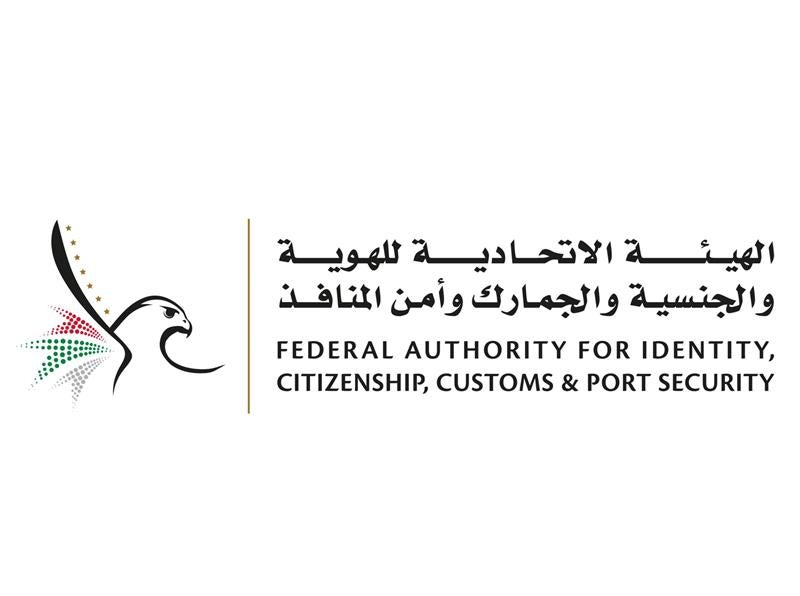
Federal Authority for Identity, Citizenship, Customs & Port Security
Federal Authority for Identity, Citizenship, Customs & Port Security
The Federal Authority for Identity, Citizenship, Customs & Port Security (ICP) plays a crucial role in the UAE's identity management system. Established on September 29, 2004, under Federal Law No. (2) of 2004, it was originally known as the Emirates Identity Authority. The primary aim of the organization was to implement the "Population Register and Emirates Identity Card Program." This initiative involved recording the personal and vital data of every individual residing in the UAE and storing this information in electronic databases, in collaboration with relevant authorities. A significant part of the program was the issuance of the Emirates ID Card, which contains a unique ID number and critical data stored on an electronic chip, used across various government and private sector services.
Over the years, ICP has specialized in providing identity verification and confirmation services to federal and local government agencies and other entities. The law grants ICP the authority to request the necessary data from relevant authorities to fulfill its mission.
A landmark moment in ICP’s history occurred in 2017 with the enactment of Federal Decree-Law No. 3. This law marked a turning point, expanding ICP’s responsibilities. The organization was renamed the “Federal Authority for Identity and Citizenship,” and its scope was broadened to include managing citizenship affairs, issuing passports, overseeing the entry and residency of foreigners, and transferring powers previously held by the Ministry of Interior to ICP.
Today, ICP remains a key institution in the UAE, ensuring efficient management of identity, citizenship, and immigration services, all while adapting to the nation's evolving needs.